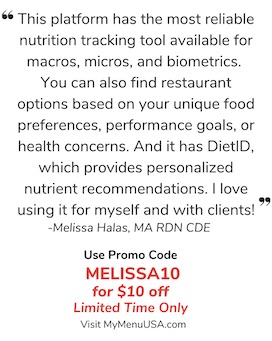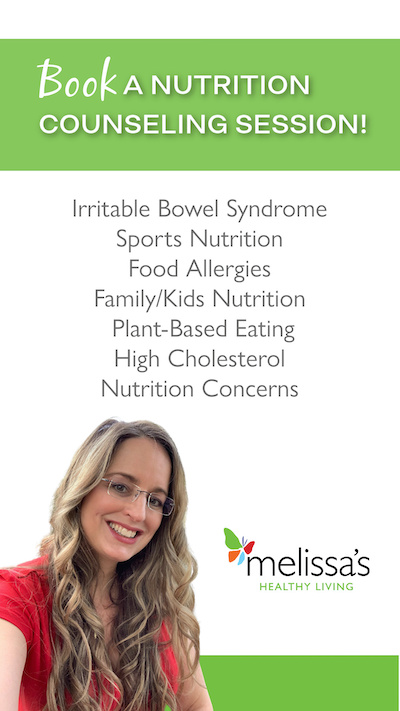
In the past, I’ve always taught my audiences that saturated fats (such as those found in meat fat, butter, lard, and coconut oil) increased one’s risk of heart disease while foods rich in unsaturated fats (like canola oil, fish oil, and olive oil) decreased one’s risk. This position statement is in alignment with the American Heart Association (and volumes of research) as well as the most recent guidelines from the European Atherosclerosis Society.
And, since coconut oil is 86.5% saturated fat (according to the USDA National Nutrient Database), it is not a recommended oil. For comparison, two of the oils richest in monounsaturated fats (and recommended for heart-health) are also very low in saturated fats – olive oil has 15% saturated fats, while canola oil has the lowest amount at 7%.
As I explained my opinion of these claims to recent conference attendees, the conversation seemed similar to my discussion with a colleague who was getting out of a bad relationship (something I also have some experience with…you too?). Here were my key points:
- If it sounds too good to be true, it probably is. As I search on the internet I read that coconut oil is being recommended for everything from hair and skin care, heart disease, and weight loss. There’s also praise for helping with digestion, healing, and immunity. Oh, and don’t forget pancreatitis, cavities, stress relief and even HIV! You get the point. It’s no different with relationships, if something sounds too good to be true…run in the opposite direction!
- “Not that bad” is not the same as “good.” I often hear people defending their bad relationships as “it’s not that bad.” Just because it’s “not that bad” doesn’t mean it’s good enough to stay. This is true for coconut oil, too. Proponents will tell you that most of the saturated fat in coconut oil is lauric acid (actually it’s only about half). While we often thought of all saturated fats as harmful, there is some scientific evidence that some saturated fats might not be as harmful as others. In fact, some research demonstrates that while lauric acid raises serum LDL cholesterol (the bad cholesterol), it also increases the serum HDL cholesterol (the good stuff) – so there may be a “wash.” But still…that’s just half the saturated fats…what about the rest? And, let’s face it, when you have a fat with 86.5% saturated fat, the “rest” is a real lot! So, while coconut oil may not be “that bad,” in my opinion, it’s nowhere near “good.”
- Just because a little is ok, doesn’t mean you should use a lot. I don’t know about you, but I have some dysfunctional people in my family. I see them some because they’re family, but I don’t ever plan to spend a lot of time with them because they cause havoc in my life. In my opinion, coconut oil should be treated the same. Even if coconut oil “isn’t all that bad” (and…as you read in the previous bullet, I don’t think that’s true) that doesn’t mean you should be pouring coconut oil on everything! I’ve heard of people drinking it by the tablespoon, adding it to their milkshakes, and pouring it over their food – using it to the exclusion of every other type of fat. Contrary to popular belief, all fats have the same number of calories…about 120 calories a tablespoon. And, with two-thirds of all Americans now overweight or obese…the last thing we need to be doing is adding extra calories!
So, if you really love coconut oil, limit it to a few favorite recipes. My recommendation still stands unchanged regarding the well-researched evidence that we should decrease our saturated fat and increase our unsaturated fat intake. Therefore, for most of your fat needs, stick to monounsaturated fats such as olive oil and canola oil.
Check out Joanne Lichten PhD, RD ,(a.k.a. “Dr. Jo”), books and sign up for her newsletter at www.DrJo.com for more great eating tips!
Read more up-to-date nutrition facts and learn how to make the right choices from SuperKids Nutrition featured experts.



